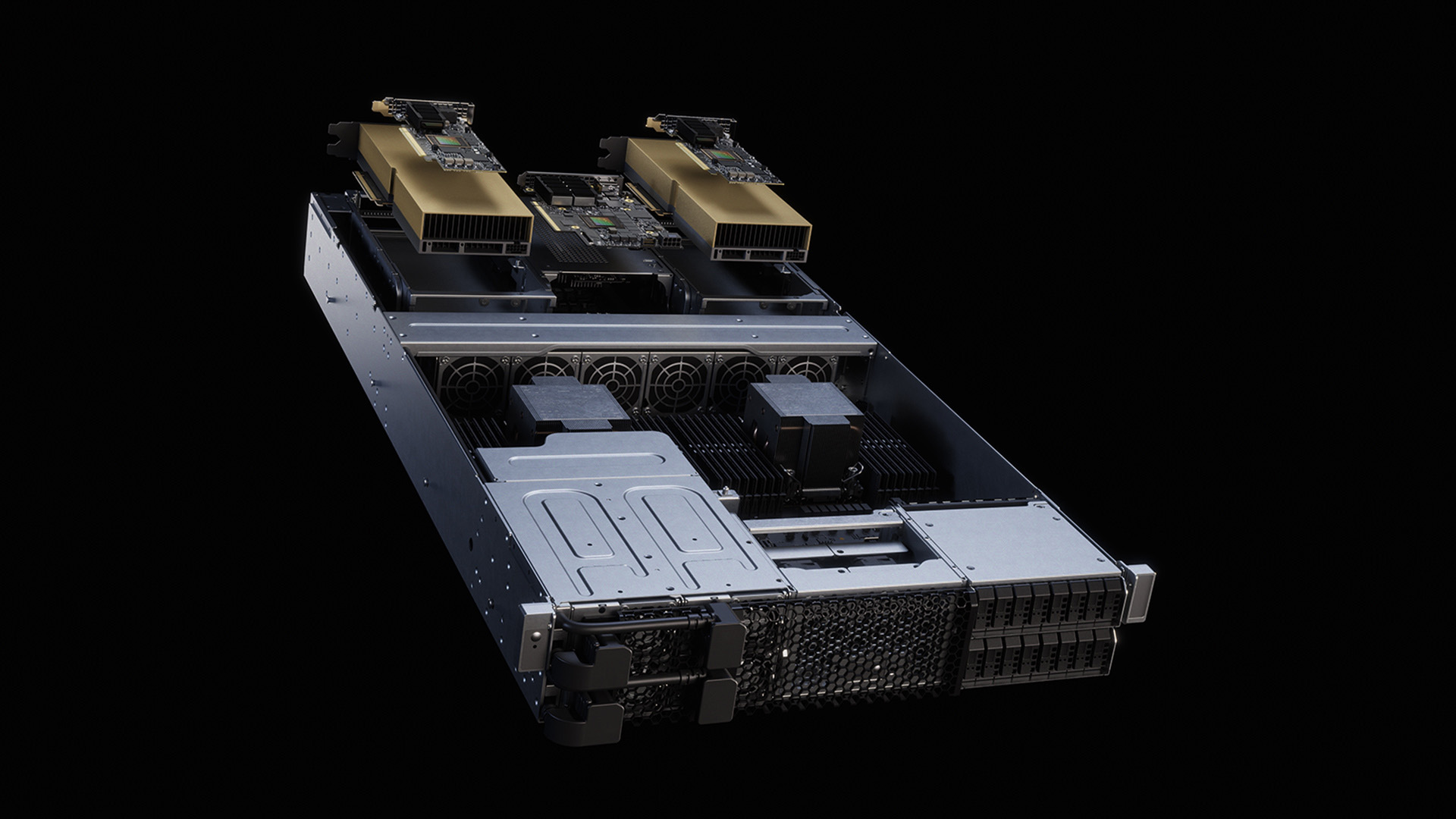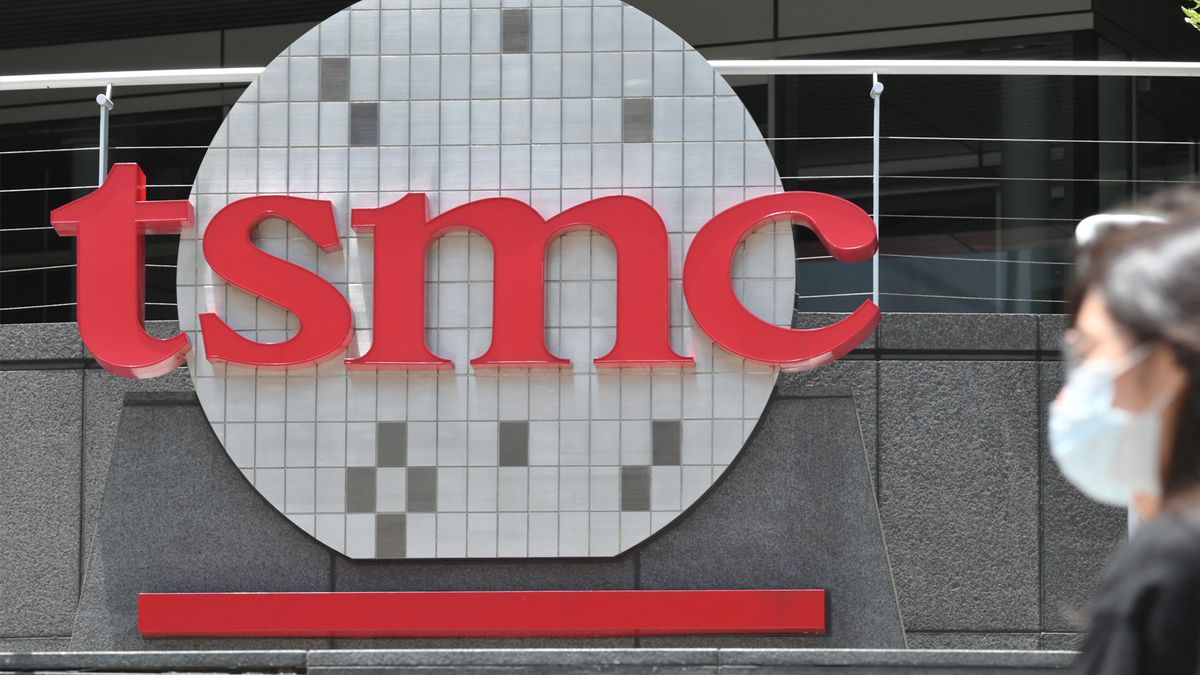The Federal government is allegedly placing hidden location trackers in some AI chip servers that are suspected of being at risk of diversion to China. Reuters reported that anonymous sources confirmed that U.S. authorities are employing this tactic as part of their investigation into the alleged smuggling of banned AI chips into China.
According to the report, the alleged tracking doesn't impact all shipments, but only "targeted" shipments believed to be at a high risk of being diverted to China. Despite the affordability and ubiquity of trackers, it will be prohibitively expensive to place several in all servers that are going through customs. It’s more likely that the authorities are allegedly doing this to aid in a specific investigation. Although placing a tracker on a package typically requires a court order, Reuters notes that export enforcement agents may sometimes do so with administrative approval only.
Smugglers also apparently know this, with court documents in a recent case of smuggling millions of dollars' worth of chips to China revealing that a suspect instructed their co-conspirators to “pay attention to see if there is a tracker on it.”
Nvidia CEO Jensen Huang has consistently denied that the company’s most advanced AI chips are being diverted to China. However, multiple outlets confirm that there’s a strong black market for these cutting-edge silicon, with a reported billion dollars’ worth of Nvidia products being openly traded into the East Asian country in just the last quarter.
Washington is trying to hamper China’s progress in AI, especially as it’s considered a ‘dual-use technology’ that is applicable in both civilian and military purposes. Because of this, the White House — across multiple administrations — has applied export controls on state-of-the-art semiconductors, including the most powerful AI chips from Nvidia and AMD. However, Huang has said that the U.S. export control was a failure, with the former U.S. Commerce Secretary also saying that holding back China’s chipmaking progress is a fool’s errand.
Despite that, the Trump administration has doubled down on its efforts to control the flow of AI chips into China, even going as far as banning both the Nvidia H20 and the AMD MI308 in April 2025 — AI chips that have been especially designed to comply with the initial set of export controls released by the Federal government.
The U.S. has since backed down on this particular export control and has reopened the taps for these AI chips; the newer, more powerful variants of these semiconductors still aren’t allowed to be shipped to China. In the most recent twist in the saga, AMD and Nvidia have struck a deal to share 15% of related sales revenue with the government in exchange for export licenses for its H20 and MI308, an unprecedented arrangement.
Follow Tom's Hardware on Google News to get our up-to-date news, analysis, and reviews in your feeds. Make sure to click the Follow button.

 3 months ago
43
3 months ago
43






 English (US) ·
English (US) ·